Organic fertilizer helps plants and earth thrive naturally
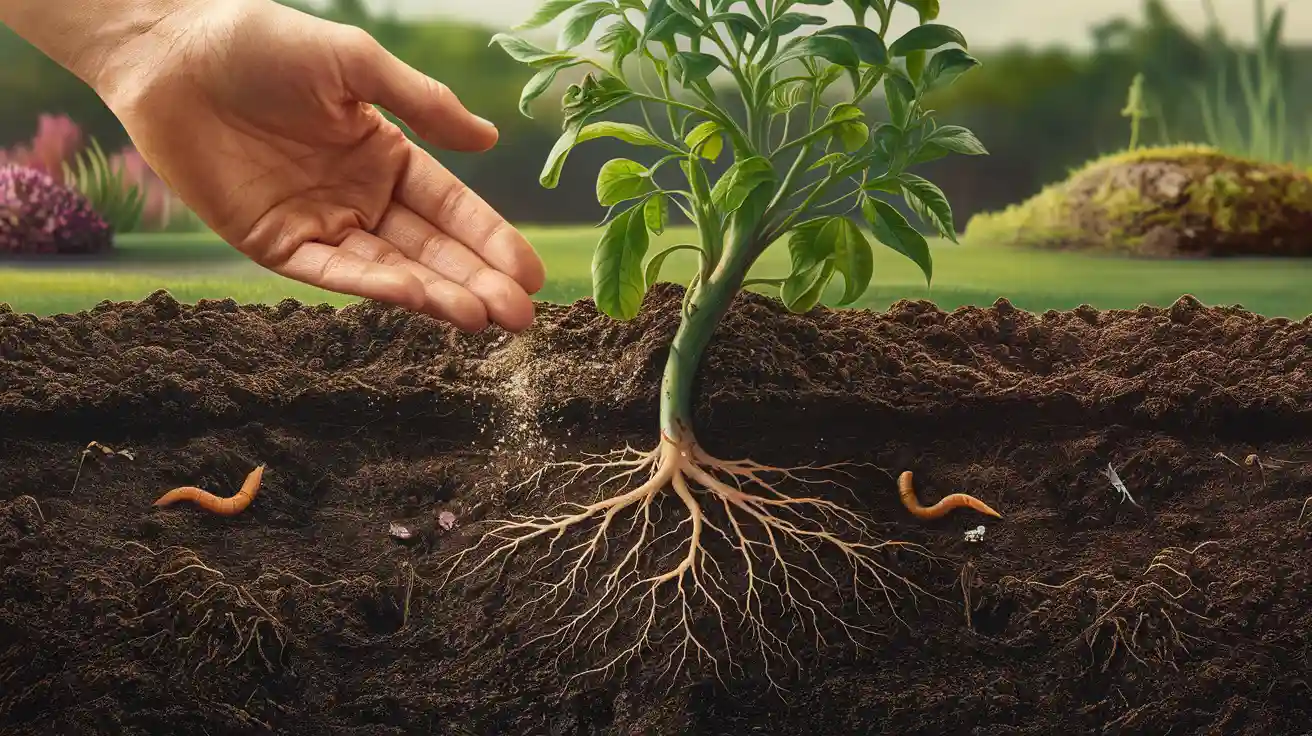
You want your garden to grow well and help the earth. Organic fertilizer gives plants nutrients over time and helps them stay healthy with safe materials. When you use organic fertilizer, you help nature and make soil better. Research shows organic farming cuts down on pollution and adds more good stuff to the soil. It can even make your crops have more vitamins. Pick organic fertilizer to help the planet. You will notice the good changes in your garden and in other places too.
Key Takeaways
Organic fertilizer makes soil better. It becomes lighter and holds more air and water. This helps plant roots grow strong.
It gives food to good soil microbes like bacteria and fungi. These microbes help plants stay healthy and fight disease.
Nutrients in organic fertilizer come out slowly. Plants get food for many weeks or months. This helps them grow for a long time.
Organic fertilizers give plants the right mix of nutrients and micronutrients. Plants need these to grow well.
Using organic fertilizer helps plants grow deep roots. It also helps them fight pests and stress naturally.
Picking organic fertilizer cuts down on pollution. It stops bad runoff and keeps water clean.
Organic fertilizer helps wildlife and pollinators. It makes a garden healthy and balanced.
It is safe for kids and pets. It saves money over time. It helps make a healthy garden and planet.
Soil Health
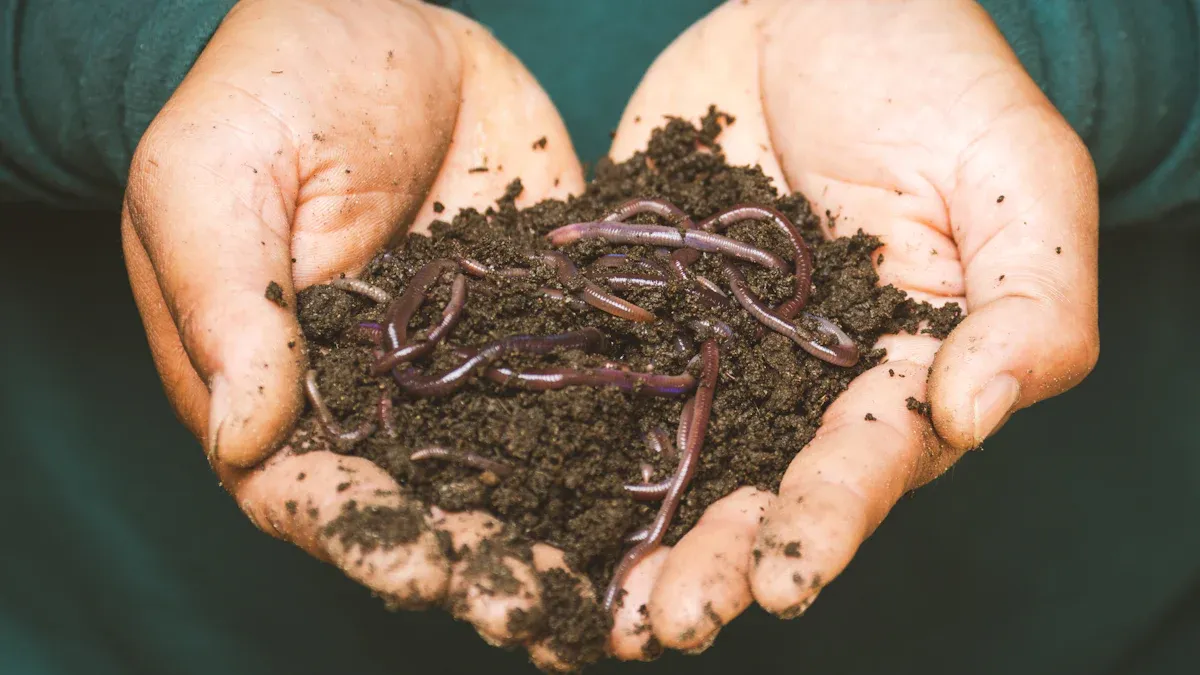
Good soil is the base for a great garden. Using organic fertilizers gives your soil what it needs to help plants grow strong. It also helps keep the ecosystem balanced. Let’s see how organic fertilizers make soil better by changing its structure and helping tiny living things grow.
Structure
Strong soil lets roots go deep and plants stand up tall. Organic fertilizers help build this strength. They add organic matter that sticks soil pieces together. This makes soil more stable and stops it from washing away. Synthetic fertilizers can hurt soil over time. Organic fertilizers make soil better every year.
Porosity
Porosity is the space between soil pieces. More space means air and water move better. Using farmyard manure or green compost makes soil have more pores. It also makes soil less heavy. Roots can grow easier in this lighter soil.
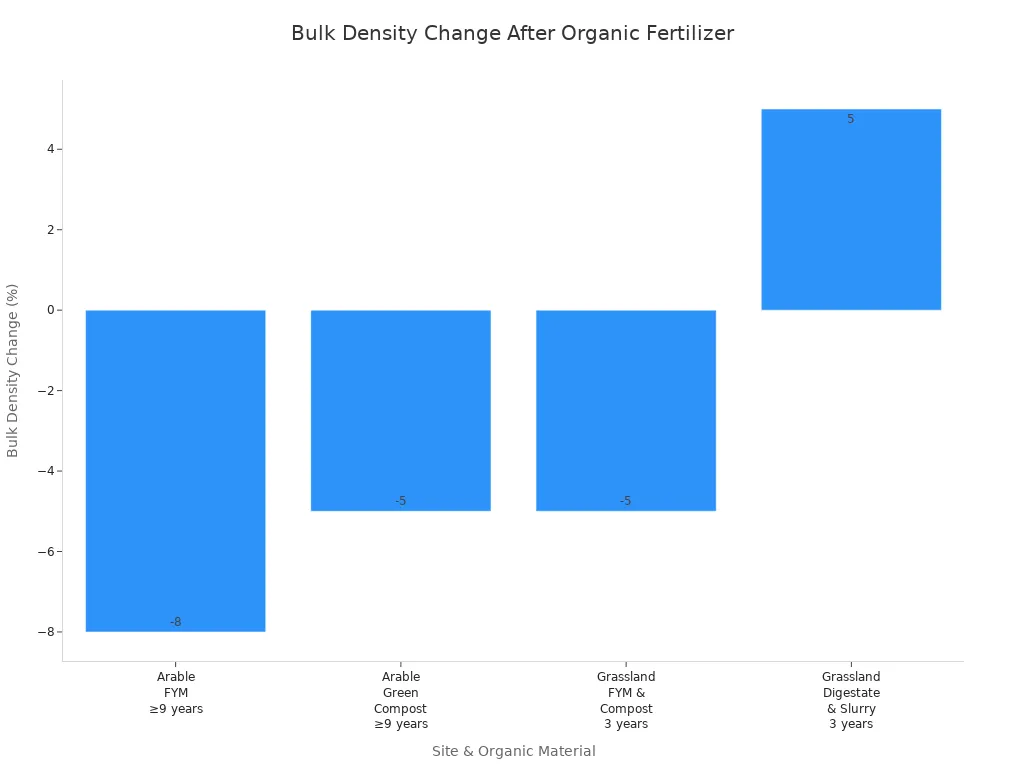
Site Type | Organic Material Applied | Duration | Bulk Density Change (%) | Porosity Change | Notes |
|---|---|---|---|---|---|
Arable | Farmyard Manure (FYM) | ≥ 9 years | ~8% decrease | Increase (due to BD drop) | Greater decrease in BD than green compost; improved soil physical functioning including porosity |
Arable | Green Compost | ≥ 9 years | ~5% decrease | Increase (due to BD drop) | Similar SOC content to FYM but less BD decrease |
Grassland | FYM and Compost | 3 years | ~5% decrease | Slight increase | Statistically significant at some sites |
Grassland | Digestate and Livestock Slurry | 3 years | Increase | Decrease | Possibly due to soil aggregate breakdown; contrary to FYM and compost effects |
Tip: Using compost and manure for many years makes soil lighter and full of air pockets. This helps roots get more air and water.
Water Retention
Water is very important for plants. Organic fertilizers help soil hold water much better than synthetic ones. They can soak up and keep a lot of water. This keeps soil wet longer, even when it is dry outside. The better soil structure from organic fertilizers gives water more places to stay. Roots can always find the water they need.
Using straw, cow, or pig manure for a long time adds more organic carbon to soil. This helps heavy soils keep water and not dry out fast. Your garden stays green and healthy, even when it does not rain much.
Microbial Life
Soil is full of tiny living things. These microbes break down organic matter and give plants nutrients. They also help protect plants from getting sick. Organic fertilizers feed these good microbes and make soil healthier.
Bacteria
Bacteria do a lot of work in soil. Adding organic fertilizers makes more good bacteria grow. These bacteria help move nutrients like nitrogen to plants. Studies show organic fertilizers help bacteria do important jobs like nitrification and denitrification. This makes soil better for growing plants.
Organic fertilizers also help bacteria come back after something hurts them. Potassium humate and Bacillus-based fertilizers help good bacteria like Bacillus and Pseudomonas grow. These bacteria break down nutrients, fight bad microbes, and help plants get stronger.
Fungi
Fungi are important for soil health. They make networks that help plants get water and nutrients. Organic fertilizers help more fungi grow and make the soil ecosystem richer.
Using organic fertilizers for a long time makes more fungi and yeast-like fungi grow. These fungi help build soil, keep nutrients in place, and protect plants from disease. Organic fertilizers also make soil less acidic, which helps fungi and other microbes live better.
Note: Using organic fertilizers makes soil full of life. This helps every part of your garden. You get better soil, stronger plants, and a healthier place.
When you pick organic fertilizers, you help soil now and later. You make soil better, help water move, and support lots of microbes. Your garden will grow well and look beautiful for a long time.
Nutrient Release
Organic fertilizers give plants nutrients over time. This helps your garden grow strong and healthy. Let’s look at how organic fertilizers give out nutrients and why this is good for plants and the earth.
Slow-Release
Organic fertilizers work with nature. They do not give all their nutrients at once. Instead, soil microbes break down the organic matter slowly. This means plants get food for a long time. It also stops waste.
Fertilizer Type | |
|---|---|
Organic Fertilizer | Nutrients come out slowly as microbes break down organic matter. Plants get food over weeks or months. |
Synthetic Fertilizer | Nutrients come out fast and plants use them right away. You see changes in days. |
Tip: Organic fertilizers stop plants from growing too fast and getting weak. Your garden gets what it needs at the right time.
Season-Long Supply
You want your plants to stay healthy all season. Organic fertilizers help with this. Blood meal gives nutrients for two to six weeks. Finished compost with low carbon-to-nitrogen ratio gives most of its nitrogen in the first season. Even after one year, organic fertilizers still work. They give small amounts of nutrients for up to four years.
Fertilizer Type/Condition | Nutrient Release Details | |
|---|---|---|
Finished compost (C:N < 20:1) | First growing season | Most organic nitrogen goes to the first crop |
Finished compost (C:N > 30:1) | First growing season | Only about 15% of organic nitrogen is ready; some nitrogen is held back |
Organic nitrogen availability in subsequent years | Years 2 to 4 | About 15% (year 2), 7% (year 3), and 4% (year 4) of organic nitrogen is ready |
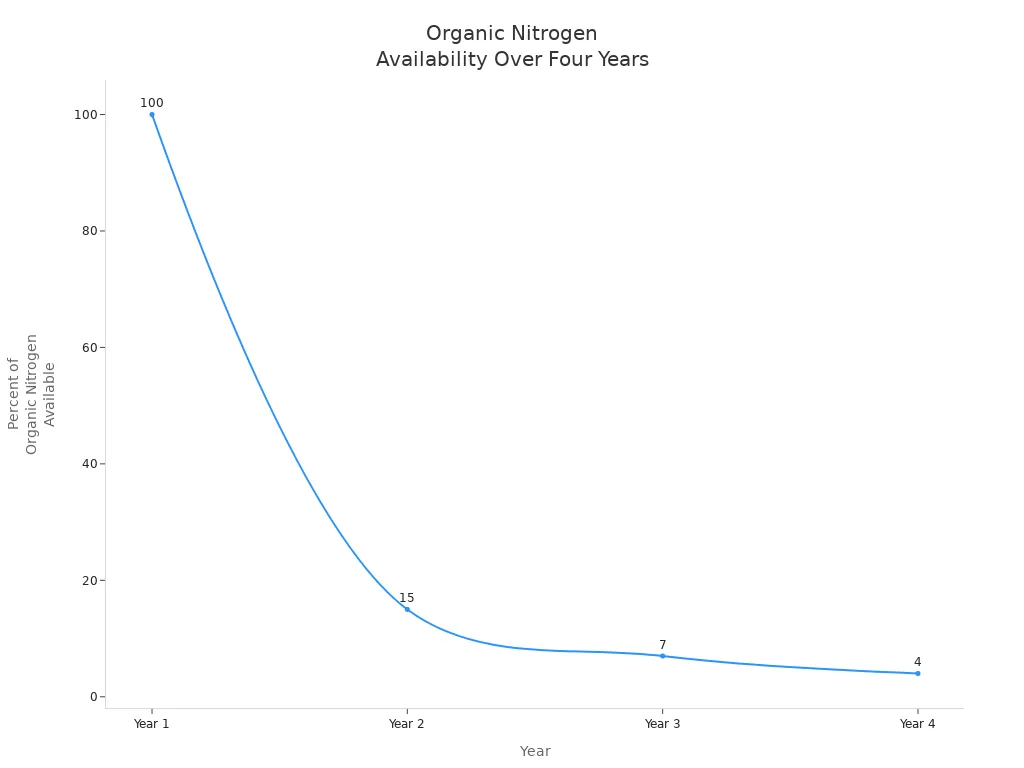
Organic fertilizers keep feeding your plants. The nutrients do not wash away fast. You get a steady supply, and your soil gets better every year.
Balanced Nutrients
Plants need more than just fast growth. They need many nutrients to do well. Organic fertilizers give this balance.
Essential Elements
Organic fertilizers give the main nutrients plants need. These are nitrogen, phosphorus, potassium, calcium, magnesium, and sulfur. Plants use these to grow roots, leaves, and fruit. Organic fertilizers copy the natural balance found in healthy soil.
Micronutrients | |
|---|---|
Nitrogen, phosphorus, potassium, calcium, magnesium, sulfur | Iron, manganese, boron, zinc, copper, molybdenum, chlorine, nickel, sodium, cobalt, silicon |
Micronutrients
Plants need small amounts of some nutrients to stay healthy. Organic fertilizers give these micronutrients, like iron, manganese, zinc, copper, and nickel. These help with flowers, leaf color, and fighting disease.
Chlorine
Iron
Manganese
Zinc
Copper
Nickel
Organic fertilizers give you everything your plants need. Synthetic fertilizers often miss these small but important nutrients. When you use organic fertilizers, you help your plants and the soil. You also help the earth by keeping nature’s cycle strong.
Note: Organic fertilizers make soil better, feed your plants, and protect the earth. You make a smart choice for your garden and the planet.
Plant Growth
Healthy plants need strong roots and good defenses. Using organic fertilizer helps your garden grow deep roots. It also helps plants fight off disease. Let’s learn how organic fertilizer helps plants from the ground up.
Root Health
Depth
Plants need to reach deep into the soil. Organic fertilizer helps them do this. It makes soil better for roots. It also helps good microbes grow near the roots. These microbes break down nutrients for the roots. Roots can then take in food more easily. Studies show humate in organic fertilizer grows more roots. Watermelon seedlings get more root tips and crossings with it. Radish, pea, corn, and lettuce also grow better roots with organic feeding.
Tip: Deep roots help plants find water and food. This keeps your garden green and healthy, even when it is dry.
Resilience
Roots must do more than just grow deep. They need to be strong against stress and pests. Organic fertilizers have plant hormones like Auxins and Cytokinins. These hormones tell roots to branch out and get stronger. Strong roots help plants stand up to bad weather. They also help plants recover from damage. Your crops will stand up better to wind, drought, and pests.
Disease Resistance
Immunity
Plants face many threats from fungi and bacteria. The right fertilizer helps a lot. Organic fertilizer helps plants build natural defenses. Research shows nutrients help plants make chemicals that fight disease. Too much nitrogen can make plants get sick more easily. Organic fertilizer gives a steady, balanced supply of nutrients. This helps plants stay strong without too much food.
Fertilizer Type | Disease Risk | Immunity Support |
|---|---|---|
Organic Fertilizer | Lower | Balanced nutrients help plants make natural defenses |
Synthetic Fertilizer | Higher | Too much nitrogen can weaken plant immunity |
Stress Tolerance
Plants need to handle stress from drought, pests, and bad soil. Organic fertilizer helps by adding more good microbes to the soil. These microbes protect roots and help plants recover. When soil has the right pH and nutrients, plants handle stress better. Even in dry weather, organic fertilizer helps roots get more nutrients. This keeps your crop healthy and growing, even when things are tough.
Note: Using organic fertilizer gives your plants what they need to survive and grow. Your garden will grow stronger and give you better harvests.
Organic Fertilizer and the Environment
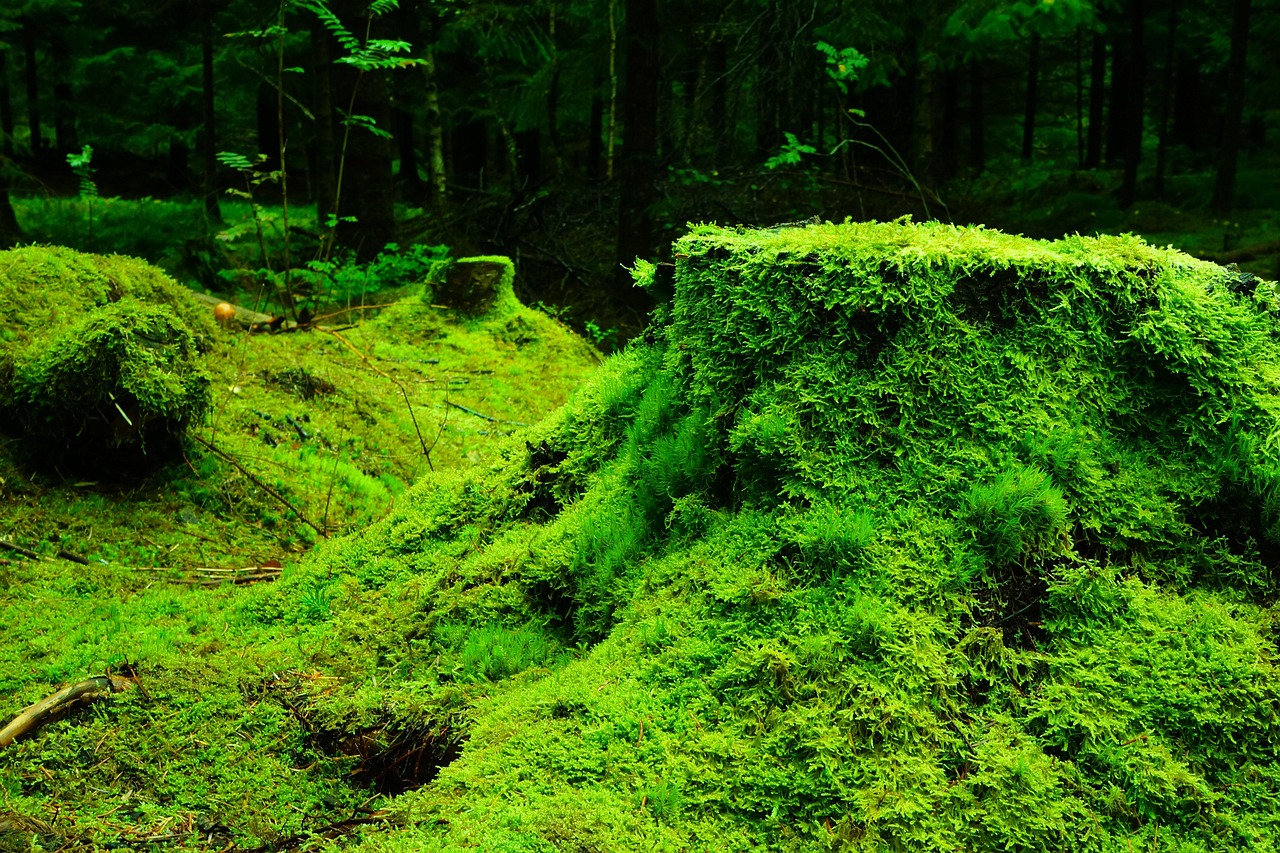
You want to help your garden and the earth. Picking organic fertilizer helps both. It lowers pollution, helps more animals live, and makes the future better for everyone. Let’s look at how your choices can keep the earth safe and help your garden grow.
Pollution Reduction
Runoff
Chemical fertilizers can wash away when it rains. This sends bad stuff into rivers and lakes. It hurts fish and plants in the water. Using organic fertilizer means less of this pollution. A big study found that switching to organic fertilizer cuts nitrogen runoff by about 30%. The loss drops from 4.5% with chemical fertilizer to 2.6% with organic fertilizer. You keep your soil healthy and protect water at the same time.
Tip: You can help stop water pollution in your area by picking organic fertilizer for your garden or farm.
Leaching
Leaching happens when water moves nutrients deep into the ground. Sometimes, this reaches water people drink. Chemical fertilizers often cause too much nitrogen to get into groundwater. This can hurt people and animals. Organic fertilizer gives out nutrients slowly. Less nitrogen escapes into water. The same study showed nitrogen leaching drops from 14% with chemical fertilizer to 9.2% with organic fertilizer. You keep your soil rich and your water clean.
Aspect | Finding | Explanation |
|---|---|---|
Fertilizer and water quality | More fertilizer means more NH3N in water | More fertilizer makes water worse. |
Pollution threshold | Pollution gets worse above these levels. | |
Long-term effects | Pollution builds up over time | Water gets dirtier as years go by. |
Policy advice | Use organic fertilizers | Organic fertilizer is safer for water and nature. |
Too many nutrients can make algae grow too fast in lakes and rivers.
Ammonia from manure can kill fish and other water animals.
Manure can carry germs that make water unsafe to drink.
Nitrate from fertilizer can get into groundwater and hurt babies and animals.
You can stop these problems by using organic fertilizer and being careful.
Biodiversity
Pollinators
Pollinators like bees and butterflies need safe places to live and eat. Organic farming does not use chemicals that hurt these insects. You help pollinators by using organic fertilizer and caring for soil naturally. Organic farms keep natural homes and plant many crops. This gives pollinators food and shelter. Studies show organic farms have more pollinators than farms with chemicals. Healthy pollinators mean better crops and a balanced world.
Organic farming skips chemicals that are bad for pollinators.
Composting and crop rotation make soil healthy and help more life.
Organic farms protect natural homes for pollinators.
Many crops on organic farms attract lots of pollinators.
Organic farms use natural pest control, helping pollinators do well.
Without harmful chemicals, bees and other pollinators stay strong.
Wildlife
You also help birds, small animals, and other wildlife when you pick organic fertilizer. Organic farming supports many kinds of plants and animals. It keeps food chains strong. Organic fertilizer makes soil and plants healthier, so there is more food and shelter for wildlife. You create a living ecosystem in your garden or field.
Organic fertilizer makes more plants grow and adds carbon to soil without losing plant types.
Organic fertilizer makes soil better, helping many species live.
Organic farming stops the loss of plant and animal types seen with chemical fertilizer.
You help nature stay balanced and help wildlife do well.
Sustainability
Carbon Capture
You can fight climate change by using organic fertilizer. Organic fertilizer adds organic matter to soil, which stores carbon. This process, called carbon sequestration, takes carbon from the air and puts it in the ground. For example, one ton of pelleted chicken manure adds about 115 kg of carbon per hectare. Studies show soils with organic fertilizer store more carbon than soils with chemical fertilizer. Microbes in soil help keep this carbon safe for years. You help the earth by turning your soil into a carbon sink.
Organic fertilizer raises organic carbon in soil, especially in dry or sandy places. Over time, this makes soil healthier and locks away more carbon. You make your land stronger and help slow down global warming.
Soil Erosion
Healthy soil stays put. Bad soil washes away in wind and rain. Organic fertilizer makes soil stronger by adding organic matter and making structure better. Soils with compost or manure have bigger, stronger particles. This means less erosion and better water holding. In Spain, fields with organic fertilizer had more stable soil than those with chemical fertilizer. You protect your land from erosion and keep it good for years.
Organic fertilizer adds organic matter and makes soil particles bigger.
Manured soils fight erosion better than soils with only chemical fertilizer.
You keep your topsoil, which is the best part of your land.
Note: When you use organic fertilizer, you help the environment, support more life, and build a better future. You make your garden or farm a great example of sustainable farming.
Practical Benefits
Safety
Non-Toxic
You want your garden to be safe for everyone. Organic fertilizers use things like compost, manure, or plant parts. These do not have strong chemicals. You do not need to worry about bad stuff on your vegetables or flowers. You can touch the dirt, pick your crops, and enjoy your garden without worry.
Tip: Organic fertilizers do not make bad smells or hurt your skin. You can spread them by hand and feel good about what is in your soil.
Kid-Friendly
If you have kids or pets, safety is even more important. Kids like to dig, play, and look around outside. Organic fertilizers let you relax while your family enjoys the yard. You do not need to hide bags or tell kids to stay away. Pets can sniff, roll, or even chew grass without danger.
No bad chemicals for curious hands or paws
No chance of burns or getting sick from chemicals
You can feel calm when your family plays outside
Cost-Effectiveness
Long-Term Fertility
You may see that organic fertilizers cost more at first. Covering a big area with organic fertilizer can cost $200 to $500. Synthetic ones cost $100 to $300 for the same space. But organic fertilizers work with nature. They give out nutrients slowly and make your soil better every year. You add organic matter, so your soil holds water and food for plants. Over time, you need less extra feeding.
A four-year study showed one use of organic fertilizer with compost raised soil nutrients like phosphorus, potassium, sulfur, magnesium, boron, and zinc. Soil pH got better, so plants could use more nutrients. These good changes lasted for years, so you did not need to add fertilizer as much. Your soil stays rich, and your plants keep growing well.
Fewer Applications
Synthetic fertilizers may look cheaper, but they wash away fast. You have to use them many times each season. Organic fertilizers stay in the soil longer. They feed your plants slowly and for a long time. This means you spend less time and money putting on more fertilizer.
Synthetic fertilizers cost less for each nutrient but need to be used often
Organic fertilizers cost more at first but need fewer uses
Organic fertilizers make soil better, so you save money later
Note: When you pick organic fertilizer, you help your soil for the future. You get stronger plants, safer places to play, and real savings over time. Your garden becomes a place where nature and your family do well together.
Organic Fertilizer vs Synthetic
Ingredients
It is important to know what is in your fertilizer. The ingredients can change how your plants and the earth do. Organic fertilizers come from things like compost, microbes, and organic waste. Synthetic fertilizers are made in factories from minerals, gases, and inorganic waste. Look at the table below to see how they are different:
Aspect | Organic Fertilizer | Synthetic Fertilizer |
|---|---|---|
Nutrient Source | Derived from natural materials such as microbes, organic waste, and similar substances. | Manufactured from minerals, gases from the air, and inorganic waste materials. |
Nutrient Composition | Contains a range of nutrients including micronutrients and secondary nutrients often absent in synthetics. Nutrient amounts can fluctuate. | Contains highly concentrated and precise amounts of primary nutrients (N-P-K). Generally lacks micronutrients. |
Nutrient Release | Nutrients are released slowly through microbial activity, feeding plants over a longer period. | Nutrients are water-soluble and immediately available, providing a quick boost but short-lived effect. |
Soil Impact | Enriches and improves soil structure by stimulating beneficial soil microorganisms. | Does not improve soil life or texture; may lead to nutrient leaching and runoff. |
Organic fertilizers give more than just main nutrients. They also add extra micronutrients to your soil and help it stay healthy. Synthetic fertilizers might seem strong, but they often miss the small things plants need.
Impact
You want to know how fertilizers affect your garden and the earth. Organic farming uses organic fertilizers to keep soil alive and protect nature. Using organic products helps lower pollution. Studies show that switching to organic fertilizers can cut down on nitrogen oxide in the air. This means less air pollution and a cleaner world for everyone.
Synthetic fertilizers can cause runoff and leaching. These problems hurt rivers, lakes, and even water people drink. Organic farming avoids these risks by feeding soil slowly and safely. Life cycle studies show organic fertilizers help lower global warming and keep soil healthy. Picking organic products is a smart choice for your garden and the planet.
Tip: Pick organic fertilizers to help the earth and make a better future for everyone.
Results
You want your plants to be strong and your garden to be healthy. Organic and synthetic fertilizers give different results. Here is what you can expect:
Synthetic fertilizers make plants grow fast, but the effect does not last long.
Synthetic fertilizers cost less at first, but you lose nutrients to runoff and need to use more later.
Using synthetic fertilizers for a long time can hurt soil, cause salt to build up, and make soil less fertile.
Organic fertilizers work slower. Microbes break down nutrients, so plants get food over time.
Organic fertilizers keep soil healthy and stop it from wearing out.
If you want to switch from synthetic to organic, do it slowly. This helps your plants get used to the change and keeps soil strong.
When you use organic fertilizers, you help your garden last longer. Your plants grow better roots and fight off disease. You also support organic farming and set a good example. Fertilizers do more than help your backyard. Your choices help make the world healthier and more sustainable.
Usage Tips
Choosing Types
If you want your garden to do well, you need the right organic fertilizer. First, test your soil. Soil tests tell you the pH and how much nitrogen, phosphorus, and potassium you have. This helps you know what your plants are missing. If your soil needs more nitrogen, pick a high-nitrogen fertilizer like blood meal. Fast-growing plants need food quickly, so use a fertilizer that works fast. Slow-growing plants do better with slow-release fertilizers.
There are many kinds of organic fertilizers. Some come from animals, like manure or bone meal. Others come from plants, like compost or seaweed. You can also find mineral-based and bio-based fertilizers. Each kind gives different nutrients. Pick the one that fits your plant’s needs. Leafy greens like fertilizers with lots of nitrogen. Root vegetables need more phosphorus. Fruits and flowers do best with balanced nutrients.
Tip: Always look at the label for nutrient amounts. This helps you keep your plants healthy and avoid problems.
You help the earth by picking fertilizers made nearby. This supports local organic farms and cuts down on pollution. Using different fertilizers gives your soil more nutrients and helps it hold water. These choices help your garden stay strong and healthy every year.
Application
Putting on organic fertilizer the right way is important. Always use good fertilizer habits. Add fertilizer when your plants are growing, usually in spring or early summer. Sprinkle dry fertilizer around your plants. For liquid fertilizer, pour it near the roots so plants get the food they need.
Water your garden after you add fertilizer. This helps the nutrients go into the soil and reach the roots. Use the right amount for best results. Too much or too little can hurt your plants. Always read the package directions.
Callout: Using organic fertilizer often makes soil better and helps plants grow strong roots.
Mistakes
Many gardeners make easy mistakes with organic fertilizer. You can avoid these and help your plants do better.
What Happens | How to Avoid | |
|---|---|---|
Not testing soil | You waste fertilizer and miss what plants need. | Test soil before planting. |
Wrong fertilizer | Plants do not get the right food. | Match fertilizer to plant and growth. |
Too much fertilizer | Plants get weak stems, yellow leaves, or root trouble. | Use only the amount on the label. |
Bad timing | Fertilizer does not help or may hurt plants. | Add when plants are growing, not resting. |
Not watering after | Nutrients stay on top and do not reach roots. | Water well after adding fertilizer. |
Do not only think about NPK. Plants need small nutrients too.
Do not use just one kind of fertilizer. A mix works best.
Watch for signs of too much or too little fertilizer, like yellow leaves or slow growth.
When you use these tips, you help organic farming. Your garden will give you healthy plants and rich soil.
You want your garden to do well and your soil to stay good. Organic fertilizer helps you get these results. Studies show using organic fertilizer for a long time makes soil better and grows more good bacteria. Things like compost or manure add organic matter. This helps more kinds of microbes live in the soil and keeps plants strong. Organic ways are better for the earth and make your garden safer for your family. Pick organic for better soil, healthy plants, and a brighter future. Try organic today and watch your garden and the earth grow together. 🌱
FAQ
What is organic fertilizer?
Organic fertilizer comes from natural sources like compost, manure, or plant material. You use it to feed your plants and improve your soil. It does not contain harsh chemicals. You help your garden and the earth when you choose organic fertilizer.
How often should I apply organic fertilizer?
You should apply organic fertilizer once or twice each growing season. Most types release nutrients slowly. Your soil stays healthy longer. Always check the label for the best timing for your plants.
Can I use organic fertilizer for all plants?
Yes! You can use organic fertilizer for vegetables, flowers, trees, and lawns. Each plant benefits from the natural nutrients. You may need to pick a special blend for certain plants. Always match the fertilizer to your plant’s needs.
Does organic fertilizer smell bad?
Most organic fertilizers have a mild, earthy smell. Finished compost and well-aged manure do not stink. If you notice a strong odor, the fertilizer may not be ready. You can avoid bad smells by using high-quality products.
Will organic fertilizer attract pests?
You can avoid pests by using well-composted fertilizer. Fresh manure may attract flies or rodents. Always bury fertilizer in the soil. This keeps your garden clean and safe.
Is organic fertilizer safe for kids and pets?
Yes! Organic fertilizer does not contain harmful chemicals. You can let your kids and pets play in the yard without worry. Always store fertilizer in a safe place.
How long does it take to see results?
You may see stronger plants and greener leaves in a few weeks. Organic fertilizer works slowly, but the results last longer. Your soil gets better every year.
Tip: Stay patient. Healthy soil and strong plants grow with time and care.
See Also
How Humic Acid Fertilizers Support Nutrient Balance In Crops
Comparing Humic Acid Fertilizers With Traditional NPK Options
Evaluating Humic Acid Fertilizers Against Chemicals For Sustainability
